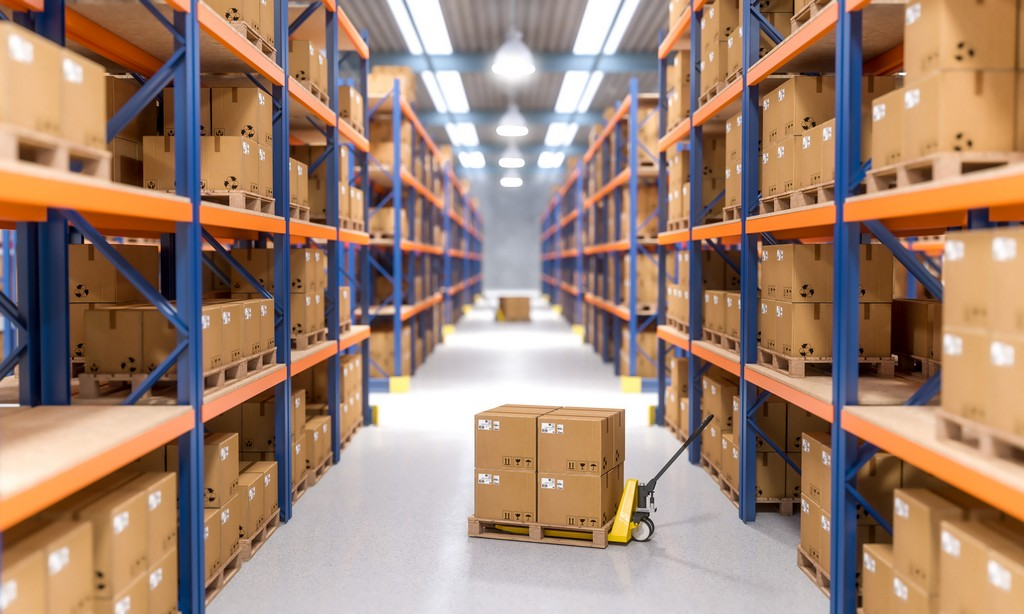How Last Mile Delivery Relies on Efficient Distribution Hubs?
E-commerce and global trade push logistics to new limits. Customers expect fast, reliable, and affordable shipping. Companies know the most expensive and complex part is the last mile. Here, efficiency determines cost, speed, and customer satisfaction. Distribution hubs make this possible by managing goods before they move to their final destination. Without well-organized hubs, Last Mile Delivery would fail to meet modern demands.
Centralized hubs reduce delivery times
Distribution hubs act as central points where goods are sorted and dispatched quickly. Packages arrive in bulk and then are distributed to regional routes. This reduces unnecessary long-haul trips and saves time. Moreover, it ensures local drivers start closer to customers. Companies avoid delays and minimize empty miles. Faster deliveries directly improve customer experience and lower costs. Therefore, efficient hubs are essential to supporting Last Mile Delivery.
Warehousing services enhance flexibility
Many hubs also provide warehousing services that support short-term storage. Retailers use them to position goods near urban markets. This creates flexibility for handling seasonal spikes or urgent orders. Moreover, it prevents bottlenecks in central warehouses. Businesses can ship smaller batches when needed, keeping shelves stocked and customers satisfied. As demand fluctuates, hubs with warehousing become vital. They strike a balance between speed and adaptability in Last Mile Delivery.
Technology optimizes sorting and routing
Automation makes hubs smarter and faster. Sorting machines, scanners, and AI-driven software reduce errors. Routes are optimized in real time using traffic and weather data. Drivers receive efficient paths that save fuel and shorten delivery windows. Moreover, automation ensures consistency even during peak demand. When hubs use advanced systems, delays decrease significantly. This technology-driven approach strengthens the entire process of Last Mile Delivery.
Door-to-door services require coordination
Customers increasingly expect door-to-door services for every order. However, meeting this promise requires coordination between hubs and local drivers. Packages must be staged carefully to ensure accurate dispatch to the correct routes. Moreover, reliable scheduling prevents missed deliveries and returns. Coordinated operations keep the final step predictable. When distribution hubs manage this link effectively, customers enjoy reliable door-to-door services. This coordination underscores the significance of hubs for Last-Mile Delivery.
Cost control through hub efficiency
The last mile is the most expensive segment of the shipping process. Fuel, labor, and time add up quickly. Efficient hubs reduce these costs by cutting wasted trips and streamlining dispatch—for example, consolidated routes lower fuel expenses. Moreover, faster sorting reduces overtime. Companies save money while customers receive speedier service. Cost efficiency is not a bonus—it is a necessity. That necessity is fulfilled through efficient hubs supporting Last Mile Delivery.
Sustainability in urban logistics
Environmental pressure on logistics is growing. Cities demand lower emissions and reduced congestion. Distribution hubs help by enabling consolidated routes and greener fleets. For instance, goods staged in hubs can be delivered using electric vans or bikes. Moreover, optimized loading reduces the need for unnecessary trips. Sustainability is no longer optional in logistics—it is expected by regulators and customers alike. Efficient hubs make sustainable practices realistic in Last Mile Delivery.
Scalability for growing markets
E-commerce growth forces logistics networks to scale fast. Distribution hubs provide this flexibility by handling higher volumes without sacrificing speed. Moreover, companies can open new hubs in expanding regions. This keeps goods closer to consumers and shortens delivery distances. Scalability enables businesses to adapt to changing market conditions. With demand rising year after year, hubs guarantee reliable expansion in Last Mile Delivery.
Why does Last Mile Delivery depend on hubs
In conclusion, efficient distribution hubs enable fast, accurate, and cost-effective shipping. They reduce delays, support warehousing services, and allow door-to-door services. Moreover, they bring technology, scalability, and sustainability into logistics. Without them, companies would be unable to meet customer expectations or control costs. For these reasons, Last Mile Delivery relies on distribution hubs to remain competitive, efficient, and reliable in the modern logistics landscape.


